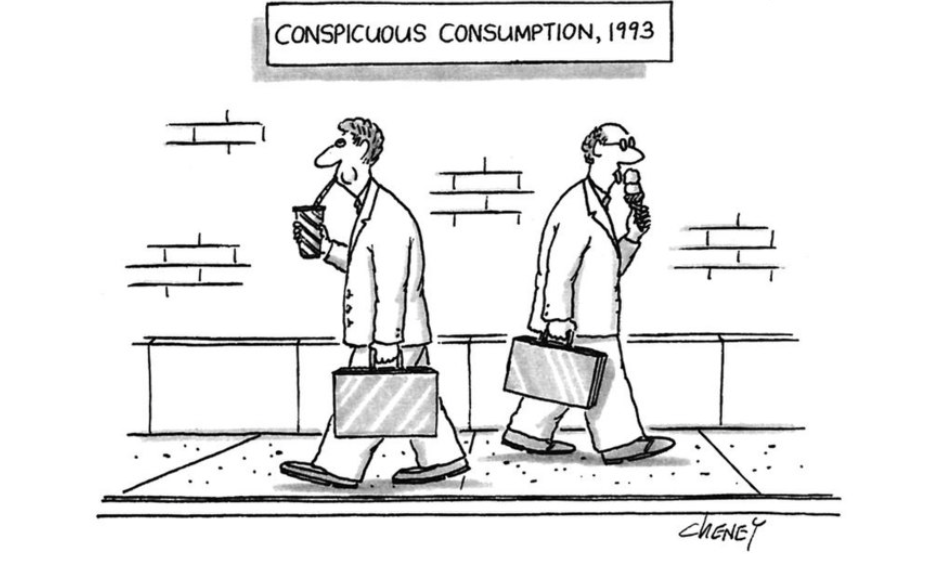By Julia Tuck
Remember “Tuck Everlasting”, the novel we had to read in fourth grade, that opened our eyes to the possibility of being immortal? Well, being “immortal” is soon to become a possibility- if you choose it.
In the 21st century, being immortal is no longer as outlandish a dream as it was decades ago. With advanced technology, scientists can accomplish anything they desire. If this is so, one may ask himself, why should we stay mortal in such a seemingly sophisticated world?
New studies show that it could be possible to outlive death. According to theoretical physicist Stephen Hawking, “it’s theoretically possible to copy the brain into a computer, and so provide a form of life after death.” However, the idea of mapping out the brain on a computer may not be as simple as it seems. After all, there are approximately 86 billion neurons in the brain!
Clinical neurologist at Yale University, Nicolas Flamels, makes a powerful point that “like a hermit crab seeking a new shell, immortality may not really be about copying ourselves but about creating a process in which we slowly leave behind our current, biological homes and move somewhere more durable.” The current theory of making a copy of the brain would leave behind the physical entity of that person, yet their thoughts, memories, and emotions would be accessible on a computer, keeping them “alive” and “conscious.”
Although living forever may seem amazing to some, it is a complex issue with many detriments. Many claim that simply copying a brain does not equal preserving a person, and they say that they would rather live their lives to the fullest in the present day than attempt to be immortal through artificial means.
A popular opinion regarding the struggle to outlive death comes from philosopher, David Chalmers, who states that, “Each waking [from sleeping] is really like a new dawn that’s a bit like the commencement of a new person. That’s good enough. . . And if that’s so then reconstructive uploading will also be good enough.”
With many valid perspectives on the possibility of immortality, I believe that it is not really necessary. If living forever is only possible by copying every aspect of your brain onto a computer, it is truly not worth it, even if it enables one to “think” after death.
In addition, one should ponder whether living forever on a computer would be a good quality of life. There are so many components that make up life other than just simply existing. A brain, by virtue of existing, does not encapsulate your entire life. What about that sentimental bracelet from your grandmother that you wear every day as a reminder of her love? What about your little pet dog Rosco who sits on your lap and never leaves your side? Despite existing beyond death, you only exist in a computer hard-drive. Is that the way you would want to live?
Although testing this idea of surpassing death may seem to be beneficial to the advancement of science, it is highly likely that it will demotivate people, and as a result, they will not attempt to make their lives count. They may become less inclined to live in the present and no longer be appreciative of the world. They may postpone their potential because they’ll figure, ah it doesn’t matter, I’ll live forever anyway! Progress would slow to a stop and the importance of accomplishing things would rapidly deteriorate due to the lazy mindset of those who could live forever. Instead of immortality being a positive milestone, it could be an insidious discovery.
Therefore, the fight to surpass death may not be as “fantastic” as some make it out to be. Making the best of each day is probably the best advice there is to offer. So until we are on hover boards, living on Mars, or becoming holograms, it is probably best to say that your life now is the best gift.
So maybe Winnie was right after all for not drinking the water from the spring that makes you immortal.



































